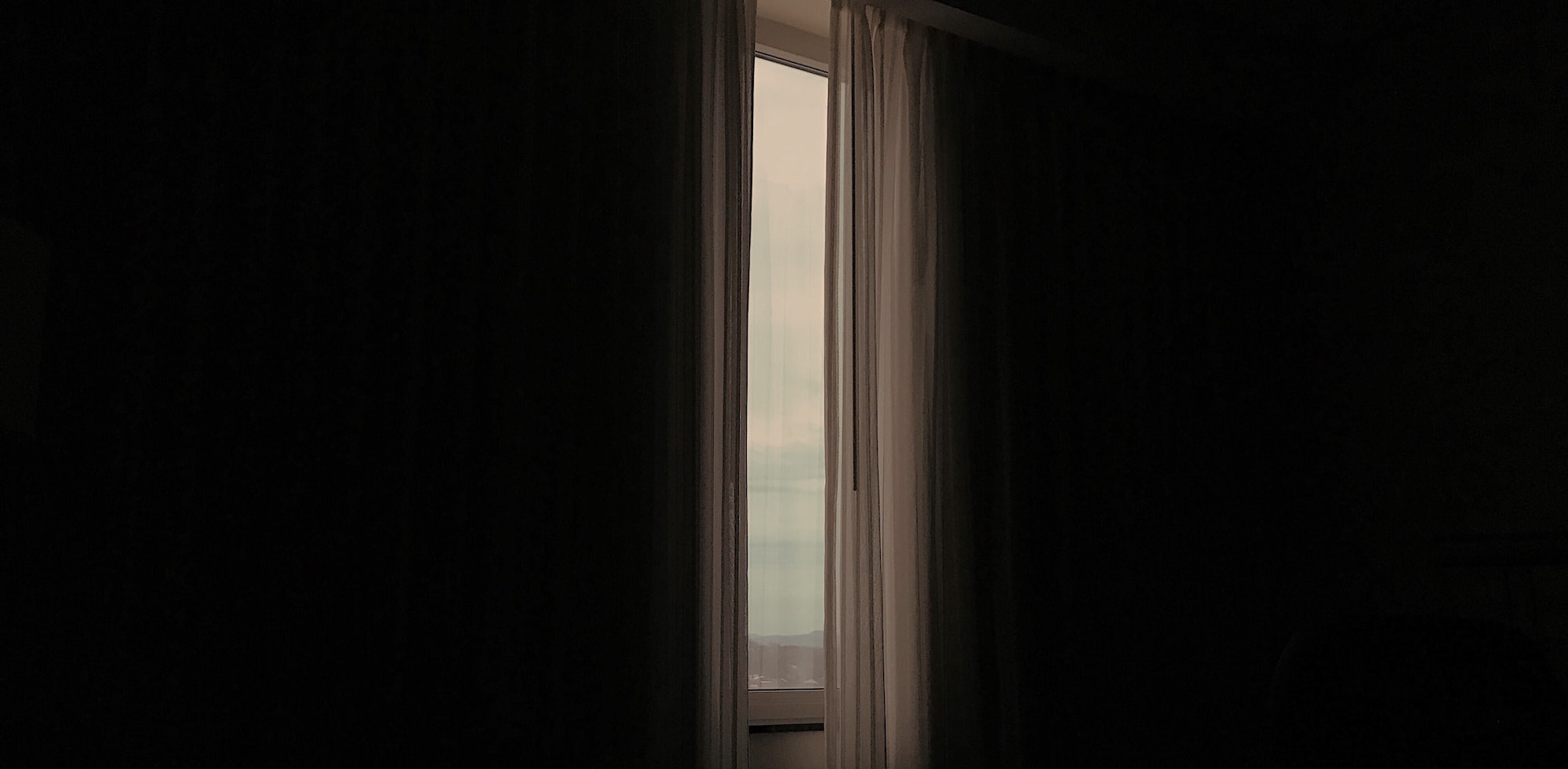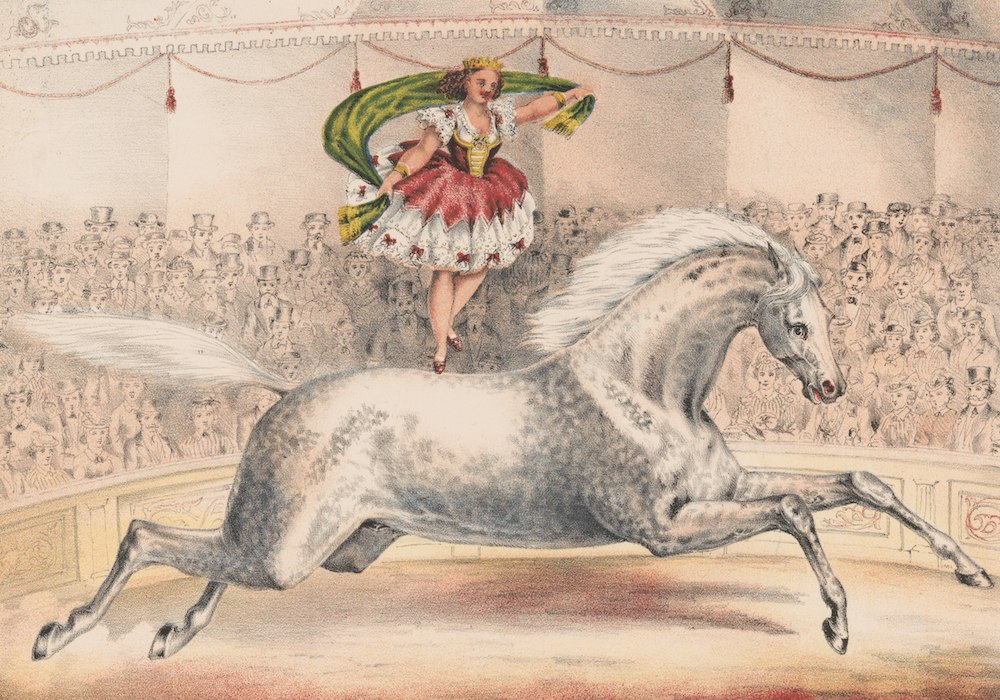Adana has three things in its favor: its sunny climate, its growing workforce, and its fertile soil. No hope, though, of seeing the sun set over the Çukurova Valley from Oya’s hotel window. From here, the city was one enormous construction site, each new building uglier than the last. Day after day, she watched them slowly rising. Night after night, she kept herself safe behind tightly closed curtains. Trying not to feel sorry for herself. Trying to believe that her heart, though it ached so, was still strong. In the half-finished apartment building right across from her, there were always two plainclothes policemen on guard. Staring right at her, every time she opened her curtains. In the end it gave her strength, to watch them watching her. To wonder what they made of their pointless job, and where they found the patience. To have to sit there, staring at her curtains, day after day, for months on end—this was a sentence not much different from Oya’s. Their unfamiliar faces had unsettled her at first, but by the month’s end, she’d grown used to them. She’d peek through the curtains now and again, to see if they were still on the job. It made her feel less lonely, to know that they were there. But it was such a farce, their being there at all. There was no need for them. If they wanted to make sure Oya was in her room, all they needed to do was check in with the receptionist. Every time she stepped outside, they wrote down the time. Every time she had a visitor or a phone call, they took down the caller’s name. Over time she’d become convinced that a portion of her monthly hotel bill went to paying her own guards. She’d been tempted to lodge a complaint with the hotel manager. They were making her pay to be imprisoned. But what could she do? She would keep paying her hotel bills, and let the police do their business. She’d been sent to Adana with no advance notice. She’d not been able to find a house. They rented houses here by the year. And anyway, she was hardly in a position to furnish an apartment. She knew no one who might be in a position to put her up. And who would wish to put her up, when there was still martial law? Who would want to have everyone from the chestnut seller to the shoeshine man reporting on everyone they knew? She had no choice but to bow her head and pay to be marooned in this hotel. The hotel manager had heard plenty of grumbling about her being here at all. She’d have a hard time finding any other hotel to take her. The police were coming down hard on this hotel for taking her in. They could easily decide that enough was enough and show her the door.
It terrified her, to think that she might end up in the streets of this strange, angry, concrete city. And not to forget the police station where she went to sign in every evening. They’d take a dim view of her moving.
Her guards would call her late each night. Why? To make sure Oya Ertem had not escaped? Woken by the phone, Oya would never manage to get back to sleep before dawn. But over time, she grew fond of her nighttime companions—the footsteps, the creaking doors, the phones ringing in the distance. The boys bringing in tea and coffee, the postman with those infrequent letters—they warmed her heart. Oh, the mistakes you can make, when the longing for a friendly face grows too strong.
***
This was what she’d run away from. She never went out after dark. Every afternoon she went to the police station to sign in. Returning, she’d shut herself up in her room. She’d had no other choice. Her guards were waiting for her to make one wrong move. But she hadn’t made a single one. All over the city, the police were raiding houses in the middle of the night and carting off any one they found. She didn’t want to make their work easier for them. But it’s painful, to be cautious all the time. A child who’s never been allowed to perspire, who’s never gone anywhere without a towel draped over her shoulders—the first time she goes out to play, she’ll come back with pneumonia. Which is, more or less, what Oya has done this evening.
***
When the phone rang, Oya had been making tea on the electric range she hid in her closet. This was one of her great pleasures: waiting for the water to boil, and the tea to brew. Raising her glass to her lips for that first taste. How this ritual restored her. Like the morning paper and the setting sun. These were the things that kept her going, saved her from being swallowed up whole. She’d grown to love these little escapes from tedium. To hear the phone ring on a day like this: it counted as a major event.
“Oya Hanım, there’s a gentleman waiting for you at reception?”
She’d hung up before so much as asking who this gentleman might be. That’s how ready she’d been to throw caution to the wind. Ready to explode, that is. But before she could, there was the raid.
***
Hüseyin had been waiting for her outside the hotel entrance. To tell the truth, Oya had not been all that happy to see him. Had she been expecting someone else? Who knew? This was the first time she’d seen Mustafa. And she thought it surprising, that Hüseyin would think to bring along someone she’d never met. After that first meeting at the courthouse, Oya had dropped by Hüseyin’s office on several occasions, there to drink tea as the Maraş brigade came and went. Their conversations had never strayed far from the superficial. Once or twice Hüseyin had checked in on her at the hotel and accompanied her to the police station. And yes, there had been that one time when they’d had tea together at that pastry shop on Atatürk Avenue. They’d talked about Adana and about martial law, but nothing more personal than that. So you couldn’t really say they’d made friends. Had they been anywhere other than Adana, they might have, but under these conditions? They’d gone on a few walks together, shared a few glasses of tea. No more. What more could she have done? Fritter away whole afternoons at Hüseyin’s office?
But that evening, when Hüseyin turned up after dark with a man she’d never met before, she thought nothing of it. No alarm bells whatsoever. Even knowing that Hüseyin knew she never ever went out at night.
But there he was, this man she’d come to know but never quite learned to trust. She couldn’t quite make out the tall, dark, moustachioed man standing next to him.
“This is Mustafa. Another Maraş boy, you won’t be surprised to hear. But this one’s had it hard. He was released from Selimiye only yesterday.”
Just what she needed. An outing with a man just released from prison. But even now, it didn’t cross her mind to head back into the hotel.
“He’s off to Urfa tomorrow. Before he went inside, he was teaching math at the lycée there. But we didn’t let him go. Not much chance of a job waiting for him there. As any innkeeper could tell you.”
Innkeeper. That’s what prisoners called the ones who rented rooms to people like Oya. Hüseyin must have heard it from Mustafa. Heard it, and then sold it. Oya glanced over at Mustafa, to see if he had taken offense. But it was already too dark for her to see anything other than his inky black moustache.
“I’m Oya.”
“She’s serving out her exile sentence here. Adana’s most famous case. Every shoeshine man in the city knows your name.” Hüseyin gestured over at the shoeshine man stationed in front of the hotel entrance. Who had his shoes shined at this time of night? A wave of anger passed through her. And not just because of the shoeshine man. This Hüseyin had been too familiar.
“What’s the word in Adana for people who can’t help playing the clown?”
Silence. Even Oya was taken aback by what she’d just said. She should at least have made allowances for Hüseyin. She’d noticed then that he was wearing a full-length overcoat that looked new to her. This, too, struck her as laughable. But it was too late now, to dwell on the details of the evening. She’d come out because she was bored. just wanted to do something, anything at all. In spite of all she’d seen and suffered, she was still a card-carrying member of the bourgeoisie, content to let life unfurl as it may.
***
Hüseyin had resumed his patter, making as if he and Oya were old friends.
“Don’t you read too much into what she just said,” he’d told Mustafa. “She’s not angry, she’s having fun. She’s one of those arty types—so hard on herself that she never lets anyone else criticize her.”
Mustafa had said nothing. Leaving Oya to wonder what he must make of her.
From the first moment, then, she’d had that hanging over her.
Hüseyin, meanwhile. He wouldn’t stop talking.
“So what do you say to some home cooking? Better than going hungry at this hotel, I’d say.”
Oya had mentioned this to Hüseyin. They didn’t serve food at her hotel, so she’d go to bed hungry. Sometimes she would make herself tea and treat herself to a sesame roll she’d brought back with her. Sometimes she’d have a yogurt. But she’d never found the nerve to go out to a restaurant. So tonight she was ready for whatever they suggested. A film would have been fine. Home cooking, even better. Anything for a change. But Hüseyin was still prattling on.
“We’re off to see the proud proletarians of Kahramanmaraş,” he said gormlessly. “Our uncle has invited us to supper. Even though we’re branded anarchists. Even though we’re just out of prison. He’s still determined to welcome us with open arms . . .”
If he’d come to her hotel just one day earlier, and spoken to her like this, she would have bridled, and made her apologies, and gone back to her room. But this evening, none of this bothered her. She might as well have been the heroine of one of those soap operas housewives like so much. Tomorrow Is Another Day. Fate Weaves Its Web.
Hüseyin’s impertinence had proved contagious. Wheeling around, she’d asked Mustafa: “Are you Alevi?”
Mustafa did not reply. At once, Oya regretted asking. Worse, she thought, than asking him which leftwing faction he belonged to. A thousand times worse. Now she really was angry with Hüseyin. It was not enough for him to boast about the people of Maraş. Now he had to boast about their being Alevi.
“When others look down on a man, the Alevis open their arms.”
She’d asked a foolish question, and it was Hüseyin who answered it. The evening had begun with foolish talk, and so it would continue. Hüseyin prattled on. “They’ve made us Adana köfte. You’re coming with us, aren’t you? You don’t get an opportunity to see a place like this any old day, you know.”
What a clumsy invitation. But she hadn’t stopped him from showing off his relatives like a herd of prize cows, and she didn’t stop him now. “All right,” she’d said. “I’ll come.” As a voyeur, in other words. Peeking through the keyhole to see how the other half lives.
Moments later, they were in a taxi. “Take us to the Independence District,” Hüseyin said.
Excerpted from Dawn by Sevgi Soysal, translated from the Turkish by Maureen Freely. Copyright © 2003 by İletişim. Translation copyright © 2022 by Archipelago Books.










